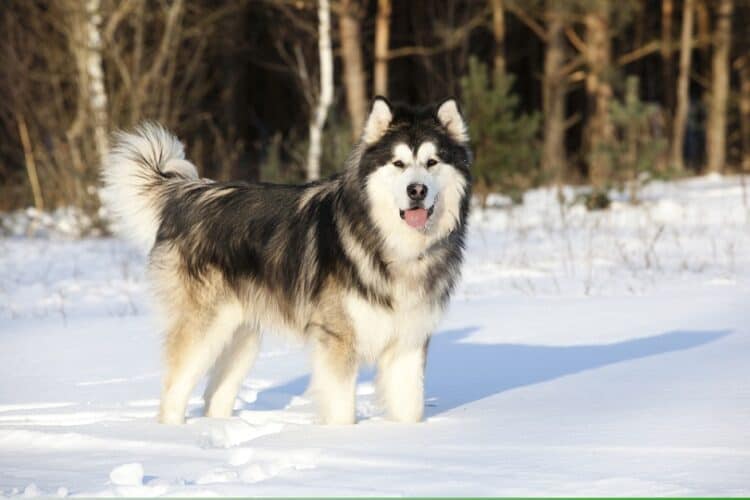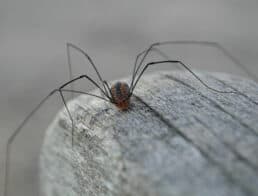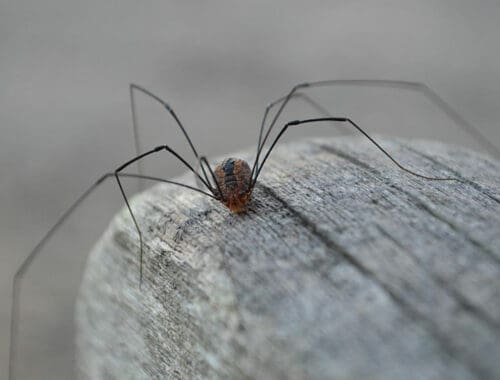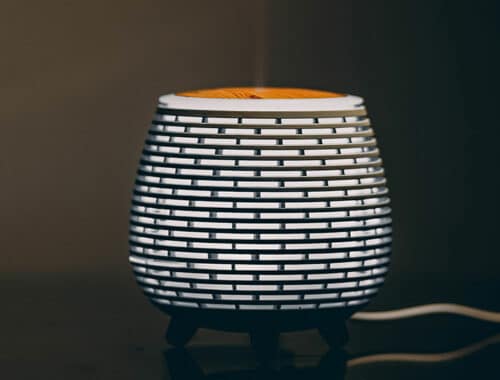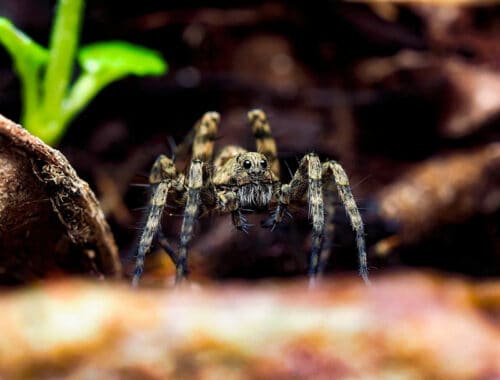If you’ve been contemplating inviting an Alaskan Malamute into your life, we totally get the appeal. Not only are Alaskan Malamutes stunning to look at, but they’re also big softies that are, for the most part, affectionate towards family and super friendly with new people. But if you’ve got allergies, you’ll need to carefully consider whether or not an Alaskan Malamute would be a good fit for you, because they’re not hypoallergenic.
In this post, we’ll share exactly what we mean by “hypoallergenic” to help you decide whether there’s a place in your home and heart for an Alaskan Malamute.
What Is a “Hypoallergenic” Dog?
Dogs labeled “hypoallergenic” are simply dogs that don’t shed as much as some breeds, which reduces the potential for an allergic reaction to occur in those that suffer from pet allergies.
No dog can be truly hypoallergenic, however, because all dogs shed. Shedding doesn’t just mean a dog loses hair—they also shed dander, which is basically dead skin flakes. Dander is the main cause of allergic reactions in pet allergy sufferers. You can also be allergic to proteins in your pet’s saliva, urine, and feces—not just dander.
So, to sum up, hypoallergenic breeds may be a better choice for allergy sufferers because they shed minimally, but the risk of an allergic reaction can’t be ruled out no matter which dog breed you choose.
Why Aren’t Alaskan Malamutes Hypoallergenic?
Alaskan Malamutes are pretty heavy shedders. The shedding is especially heavy in spring and fall, but Alaskan Malamutes shed throughout the year. They were originally bred by the Mahlemut tribe in Northwestern Alaska, where they adapted to freezing temperatures as sled dogs, hunting dogs, and guard dogs. For this reason, Alaskan Malamutes have a thick, double coat.
Their double coats consist of a long topcoat made up of what’s known as “guard hairs”, under which is a short, dense undercoat. The undercoat is what double-coated dogs shed seasonally.
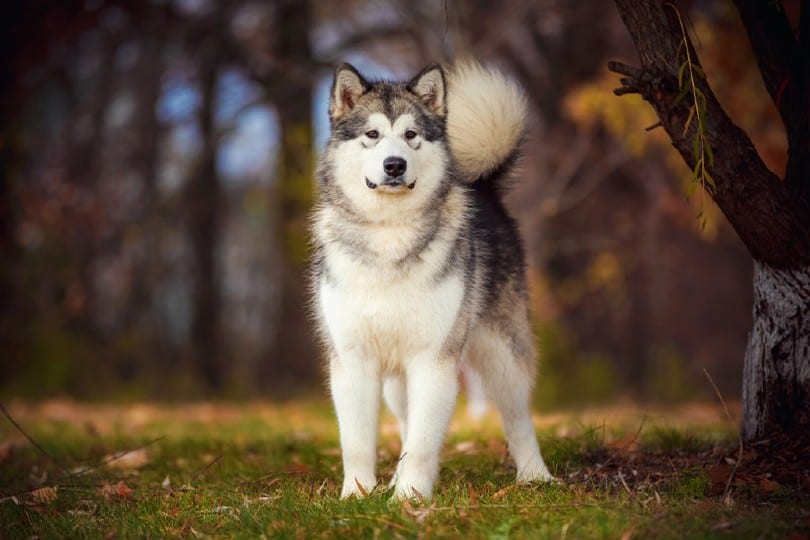
Can An Allergy Sufferer Have a Dog?
As mentioned above, all dogs shed in some fashion, so finding a dog truly allergen-free is pretty much impossible. The good news is that some allergy sufferers do live with dogs and manage to make it work. For some people, sticking to a cleaning routine to keep their home as dander-free as possible, limiting the spaces the dog is allowed to go to in the house, and making use of air filters is enough to help them manage their symptoms.
Others decide to remain permanently dog-free because their allergies are simply too severe for them to comfortably live with a dog, as much as they’d like to have one. The American Kennel Club does recommend some specific breeds that may be a good fit for allergy sufferers, including, but not limited to:
- Afghan Hound
- Poodle
- Bichon Frise
- Shih Tzu
- Yorkshire Terrier
- Havanese
- Komondor
- Bedlington Terrier
- Maltese
- Spanish Water Dog
- Giant Schnauzer
- Standard Schnauzer
- Miniature Schnauzer
If you have pet allergies or suspect that you may have them, we recommend talking to your doctor or an allergist before getting a dog to discuss whether or not it could work for you. A vet may also be able to offer advice on this matter, as they’ll have no doubt met many pet allergy sufferers.
If you haven’t been officially diagnosed with a pet allergy, it may be worth getting an allergy test done. This will determine if you truly are allergic to pets and if not, will tell you what kind of allergy you’re dealing with.
Conclusion
To conclude, we’ve determined that Alaskan Malamutes are not considered hypoallergenic due to their being heavy shedders. If you’re an allergy sufferer and are considering getting a dog, we recommend taking some time to speak with experts and really do your research to make sure it would be a good fit for you before you make your decision.
Featured Image Credit: Shutterstock
